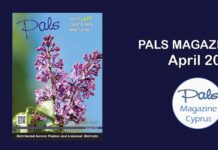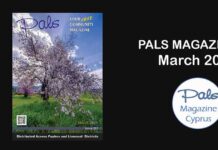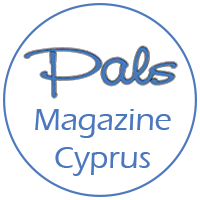
In this article I argue that families can plan ahead to avoid cost and delay when your time comes.
Holding a valuable asset in your own name is one thing, but normally the asset gives us something we want as a benefit – income, a look, a home.
If you die holding all the assets in your name you will do two things:
- Maximise your tax bill
- Maximise your administration bill
If everything is in your name – property, business, investments, and savings – when you die you need a tax clearance to sell up or pass on the asset(s) to your family beneficiaries.
That probate administration needs doing in each country where there is a taxable interest.
That could mean that the expatriate individual who has assets in a number of different countries has to have a tax return for probate of administration in each of those countries.
But it can be more complicated than that.
The tax return can be for the individual expat or for each holding in its own right. For example your property can be taxed for the capital gain or income it yields.
Tax Entity
Any asset can be owned by a taxable entity that is defined in law.
An individual is an example of a tax entity, as is a company or a sole trader business. A charity or trust are other examples. Most charities, pensions and investment fund organisations are in fact a trust whereby the ownership is held for a purpose and managed by a group of appointment ‘managers’.
In a company the shareholders are the beneficial owners the company but allow directors to run it.
For a trust the trustees run the entity for the beneficial owners.
Trust issue
As a tax entity in its own right, of course a Trust can be taxed just like an individual can.
ProACT ask you to assess your situation. Are the business, property & investment taxes and expenses higher as an individual? Or are they higher when operating through a Family Trust?
If the taxes are higher for the trust then of course you don’t use a family trust.
But for many families the threat of 40% inheritance tax and capital gains taxes up to 28%, there are real choices too be made.
Expats with holdings across borders multiply the expense and complexity of their estate administration.
Always there is the spectre of Inheritance Tax at 40%.
Planning ahead
By planning ahead expats can minimise the inheritance tax on their estate on death, while enjoying the benefits of the assets in their lifetime.
If assets are owned by a trust instead of by the individual then that means then there is no cost and delay of probate.
You would make a Will for the Trust that is then carried on by the Family Trustees with out additional cost, and without delay.
ProACT Partnership Services
The administration of the Family Trust, is similar to any company, with a registered address, local administration, tax preparation and returns. ProACT Partnership provide these services to expats Living and Working Abroad.
For more information and guidance you can contact us at www.proactpartnership.com










